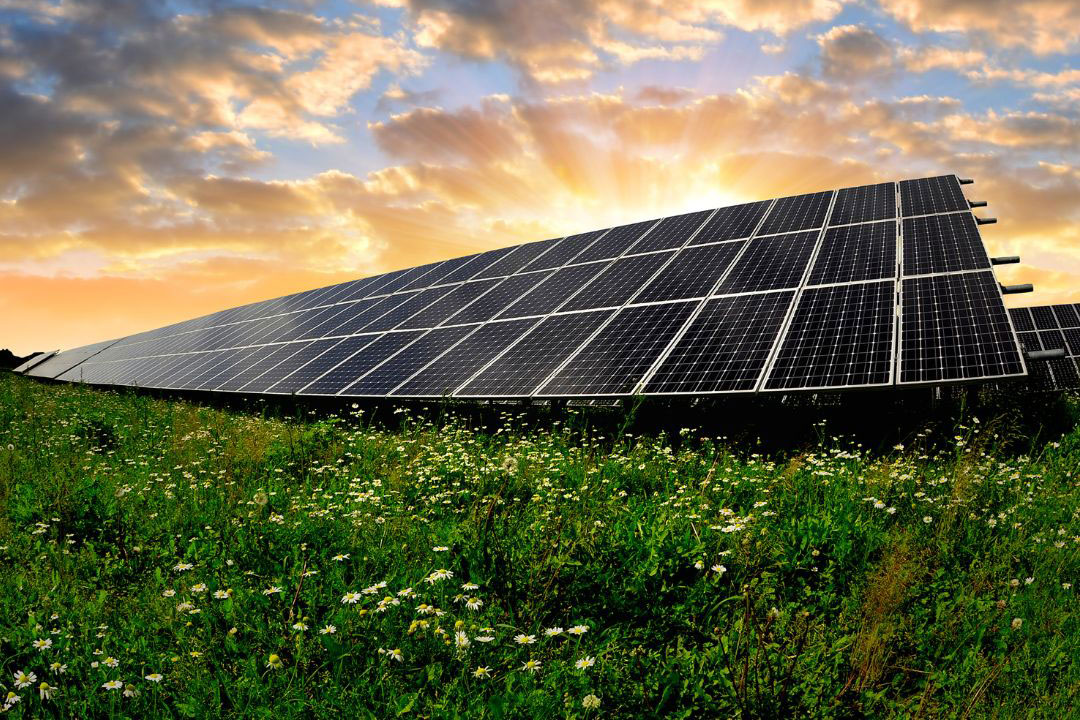
Program: Center for EmPowering Communities
Program details » | All Center for EmPowering Communities projects »
The growing politicization of clean energy has led to local laws that restrict or prohibit renewable energy projects, especially in states where local governments have control over siting decisions. These restrictions could impede states from meeting clean energy targets, prompting many to reassess and amend their siting processes. Currently, state-level preemption is common, limiting local control and leaving rural communities—where large wind and solar projects are often located—feeling disproportionately burdened.
The Center for EmPowering Communities (EPC) advocates for a more balanced approach that ensures all communities contribute equitably to renewable energy development while preserving local decision-making. EPC’s approach aims to prevent communities from being unfairly tasked with hosting more than their fair share of energy infrastructure. Such policies have proven effective in areas like affordable housing and industrial siting, providing valuable lessons for renewable energy development.
An equitable renewable energy siting strategy would require each locality to host clean energy projects that align with their unique characteristics, such as energy use or renewable energy potential. This model allows communities to contribute to state renewable energy goals without undue burden. The concept has been explored in proposals like Maryland’s bill requiring counties to develop renewable energy plans and Michigan’s recent changes to renewable energy siting authority.